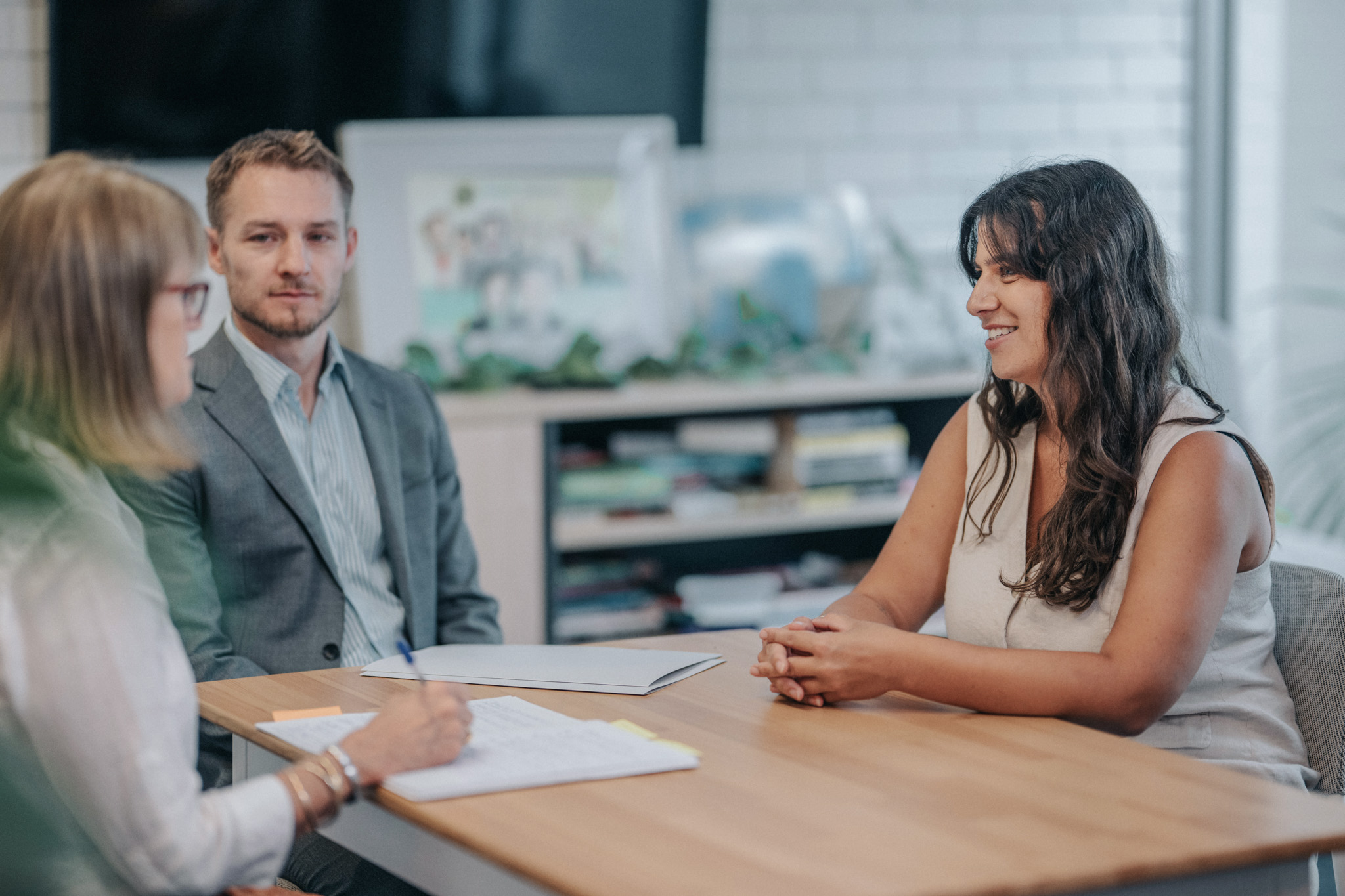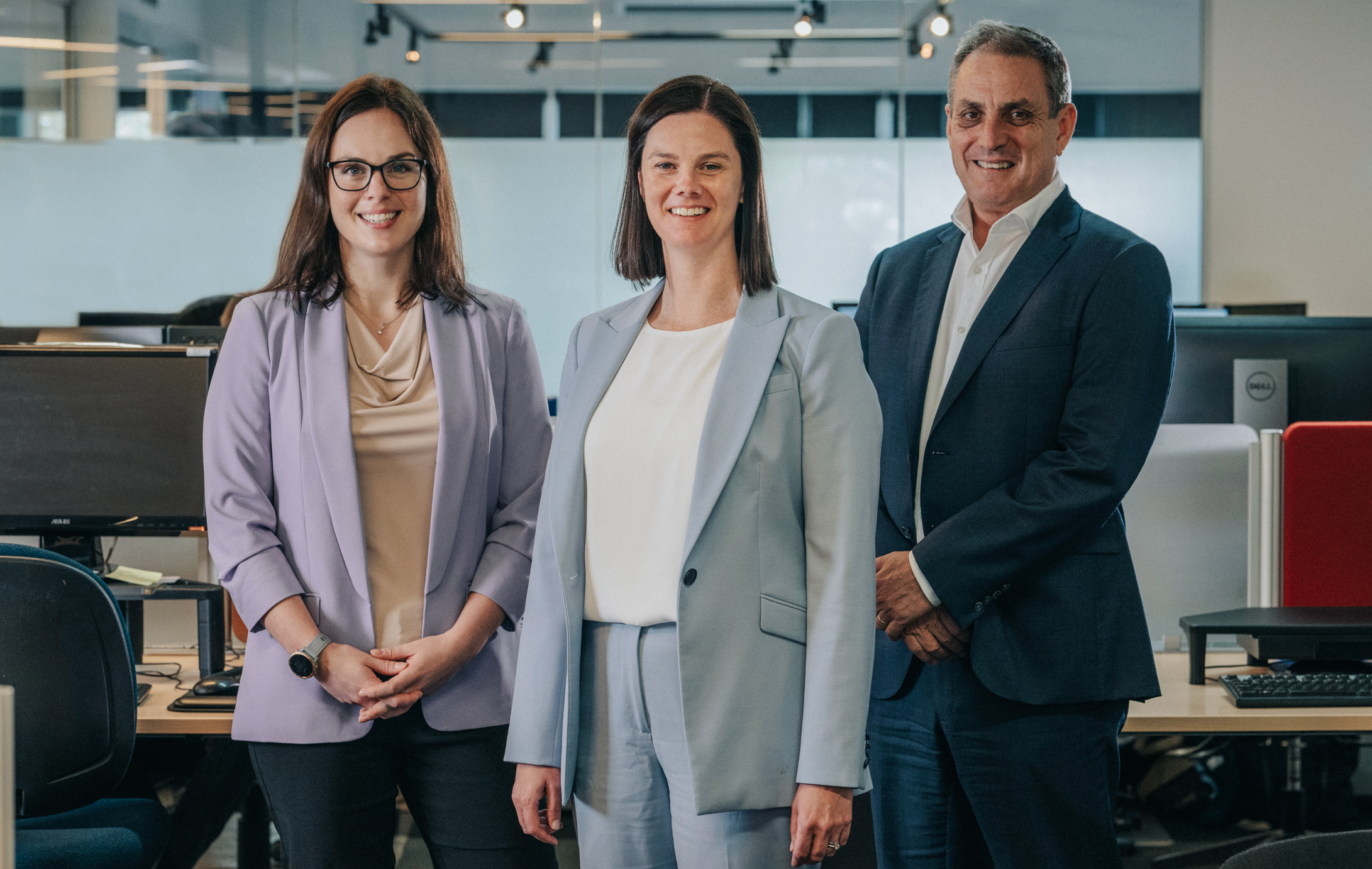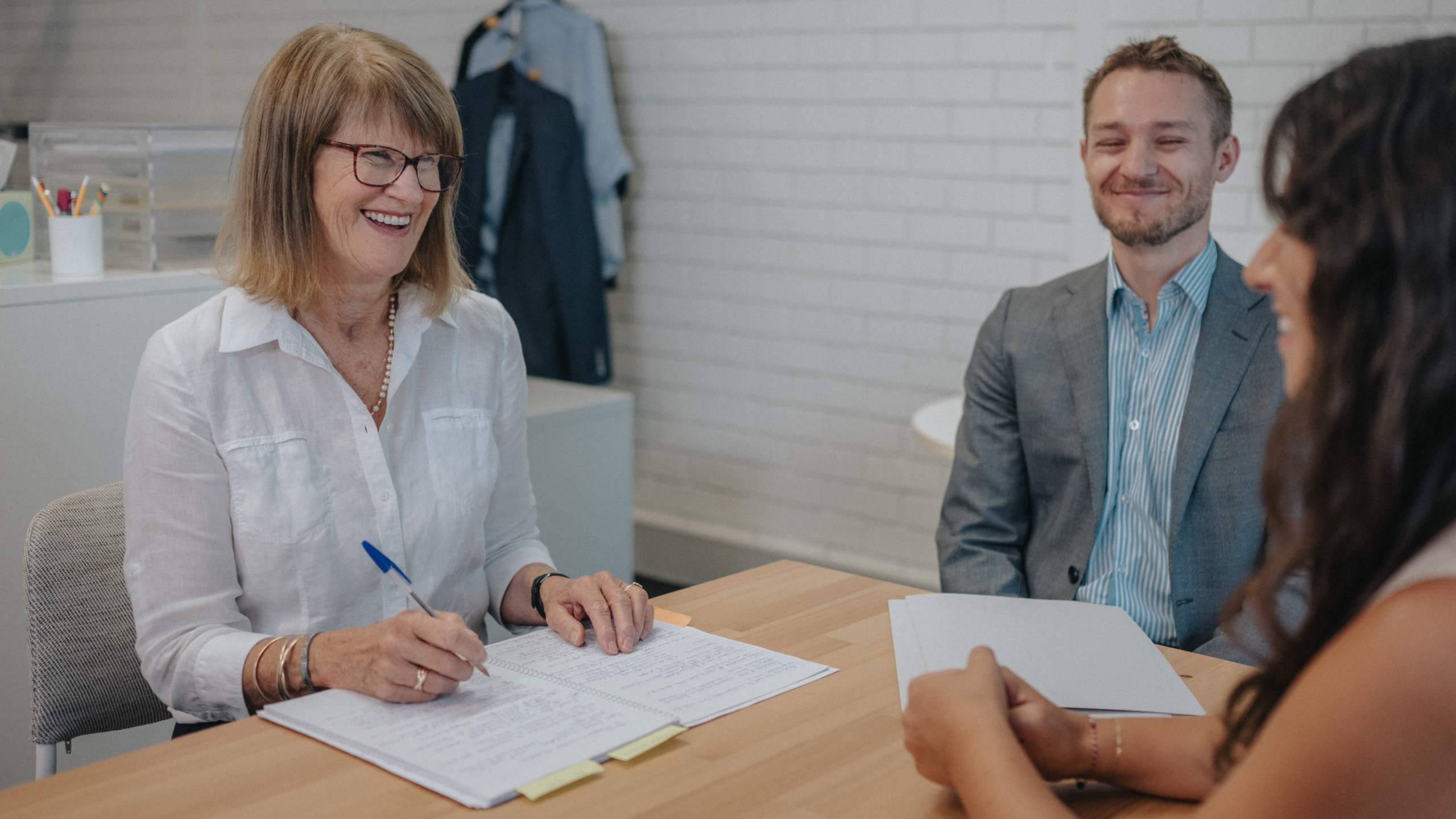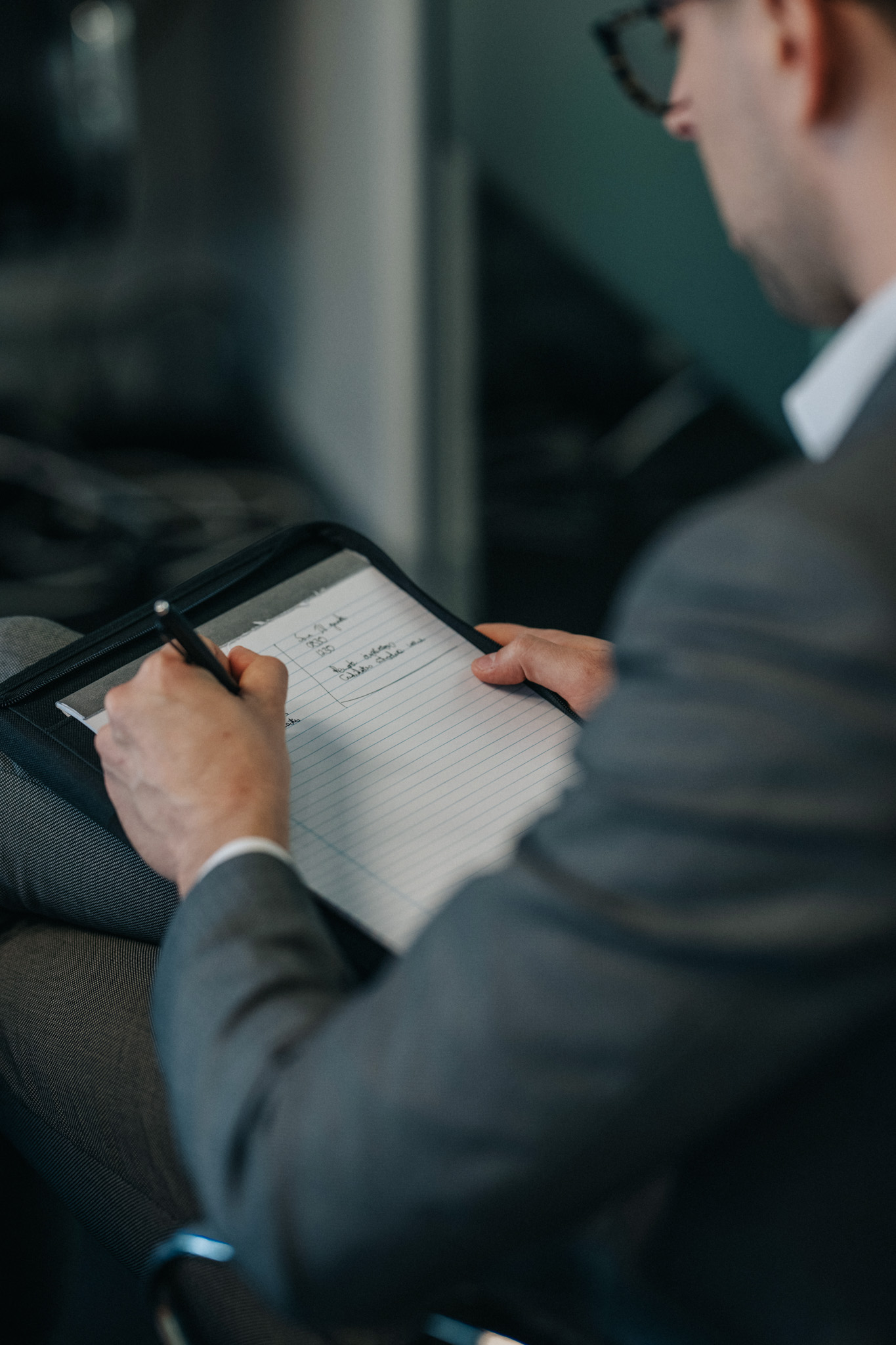Going from good to great: Enhancing team effectiveness for a senior leadership team

Using robust and reliable diagnostics to help a senior leadership team understand their strengths areas for development.
Situation
This organisation had undergone significant changes over the past few years and had a leadership team who, while very capable, were quite newly formed and had not been working together for long.
They wished to better understand where the team was currently at in terms of their effectiveness as a leadership group, as well as their areas for improvement and the strengths they could leverage into the future.
Challenge
The organisation had previously worked with other consultants around values, ways of working, and team building, and were wary of bringing in another tool or model that might confuse people or not make sense in relation to the other work that had been done. The team were also geographically distributed across WA and Australia, though they had a planned in-person planning session scheduled.
Solutions
Given the organisation’s desire to use a reliable and scientifically sound tool to help them gain an accurate picture of team effectiveness, we recommended using the Team Diagnostic Survey (TDS). This well-validated assessment was developed by scholars at Harvard University, based on over 50 years of research. It assesses six essential and enabling conditions that together predict up to 80% of team performance, as well as three different measures of team effectiveness.
Our approach began with an online briefing session to the whole leadership team introducing us, the project, and the assessment, and giving them an overview of their requirements. Then, we set them all up to complete the TDS over a few weeks.
Once all participants had completed the survey, we generated the team report and debriefed the CEO on the results. In this session, we also discussed the next steps and focus areas to work on with the team.
The following week, we ran an online debriefing session with the team, where we presented the results of the assessment, talked through what it meant for them, and gave them some questions and points to think about before the next step.
From there, we designed a half-day workshop to run with the team at the start of their two-day strategic planning session. The idea was for this workshop to set the scene for all of their work together over the next two days. In this session, we took a very open-ended approach to talking through the results, talking through what each of the six team conditions looks like for them now, what was driving the results they got, and any ideas they had for improvement and moving forward.
After the workshop, we pulled the main themes and ideas from the day into a 2-page summary of main discussion points and next steps.
Result
While the team scored relatively well on the assessment overall, it did highlight some key gaps and areas to focus on to really enhance their effectiveness, including defining who was and wasn’t in the team, aligning them on a clear purpose, establishing team norms and ways of working, and creating a system for team coaching into the future.
The workshop was a success, with the data providing a sound starting point for some honest and very constructive discussions about how to elevate the team and become even more effective, so that they are better able to tackle future challenges. The participants came up with some good ideas for improvement.
Feedback from the client afterwards indicated that the workshop really set the scene for the next two days and they have already begun actioning some of the suggestions.



